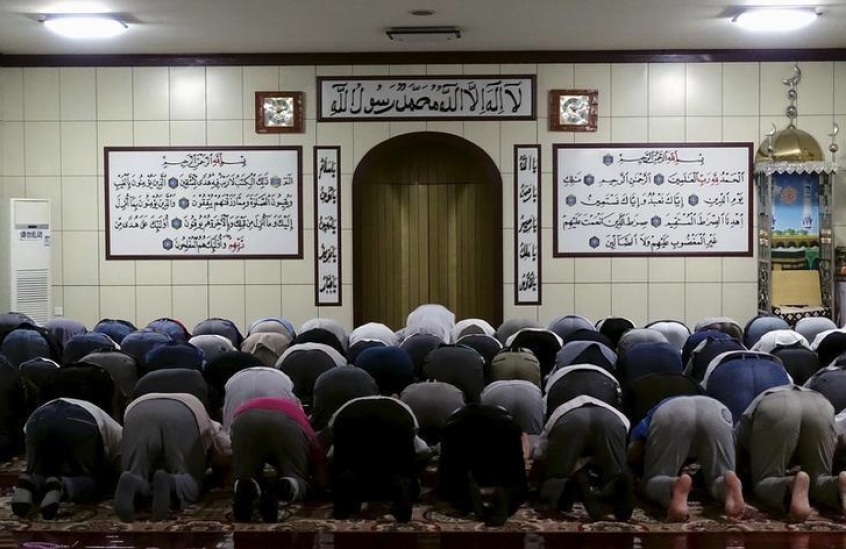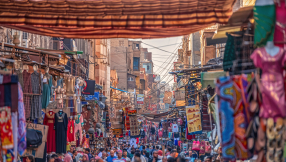Islamic extremism has infiltrated inland China from its base on the western border, the country's top religious affairs official claimed on Monday.
The Xinjiang region is home to the Muslim Uighur population, a heavily persecuted minority group. Hundreds have been killed in recent years but Beijing blames religious extremism. The government has placed heavy restrictions on religious freedom in the region under the guise of combating radicalism and maintaining stability.

Extremist thought is now infiltrating China's "inland provincial areas", Wang Zuoan, head of the State Administration for Religious Affairs, told the National Congress of the Chinese Islamic Association, according to an article in the official China Daily newspaper on Monday.
The paper cited Wang as saying China's official Islamic clergy must be the "front line" in fighting extremism and should work to "convert" those influenced by it.
"We should let Muslims know the boundaries between legal and illegal religious activities, to enable them to say no to illegal activities," he told the Association on Saturday.
Xinjiang is an autonomous region right at the tip of north-western China, bordering eight countries including Tibet, India, Russia, Afghanistan and Pakistan. Traditionally, the majority of the population is Uighur, a Turkic-language speaking group most of whom are Muslim, and Islam plays a significant role in the culture.
The Uighur only make up a portion of China's 21 million Muslims but are heavily targeted by the state.
The US' 2016 Commission on International Religious Freedom condemned China's "severe religious freedom violations", in particular the "at times violent crackdown on Uighur Muslims".
Beijing regularly denies discrimination against the Uighur. But despite a resurgence of religious faith, the officially atheist country restricts believers to a handful of recognised religions overseen by the state.
In January last year, the government's 2014 'strike-hard' anti-terror campaign was extended, and wide-scale restrictions were imposed against Uighur Muslims in Xinjiang. Thousands were detained in security sweeps, some with deadly force, and jail sentences were given out for wearing religious attire. Even men's beards or women's face veils were denounced as "extremist", and some local authorities threatened action against Muslim business owners if they chose not to sell alcohol and cigarettes due to their religious beliefs.
Wang's words suggest China is preparing to increase its crackdown on religious freedom. New regulations coming into effect from the State Administration for Religious Affairs means religious materials may not be published without approval, no one may study theology without official permission, and no venues may be used for religious services unless a permit is granted.
"Studying the newly revised Regulations on Religious Affairs, it is evident that the Party wants to take charge of religion," one Chinese Christian pastor told persecution watchdog China Aid.
"The government wants to control everything, even the smallest aspects. One characteristic of this draft is the empowerment of local government bodies all the way down to the communities. This revision will further reduce the possibility of loosening religious control in China. It is becoming impossible."
Additional reporting from Reuters.













